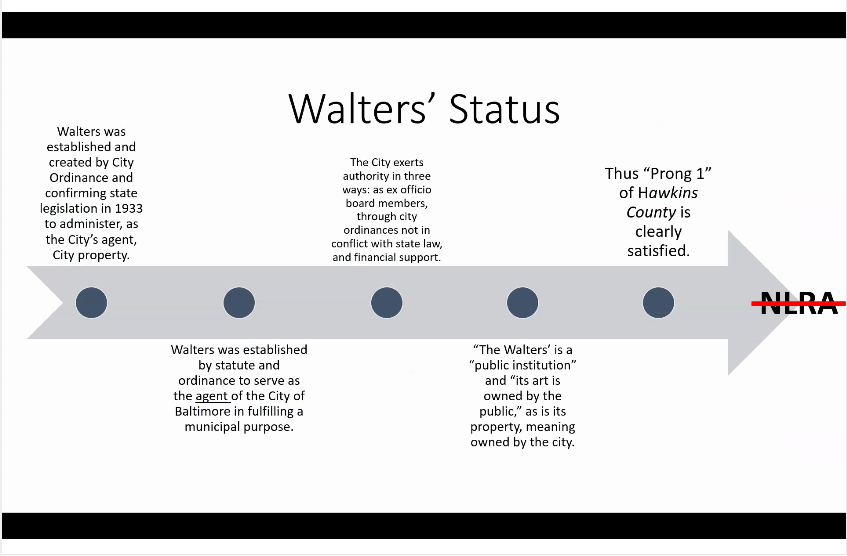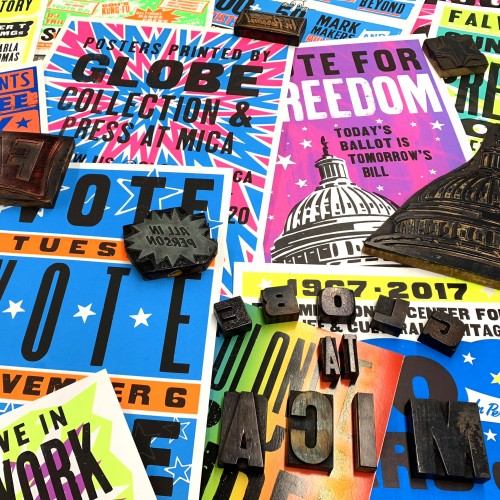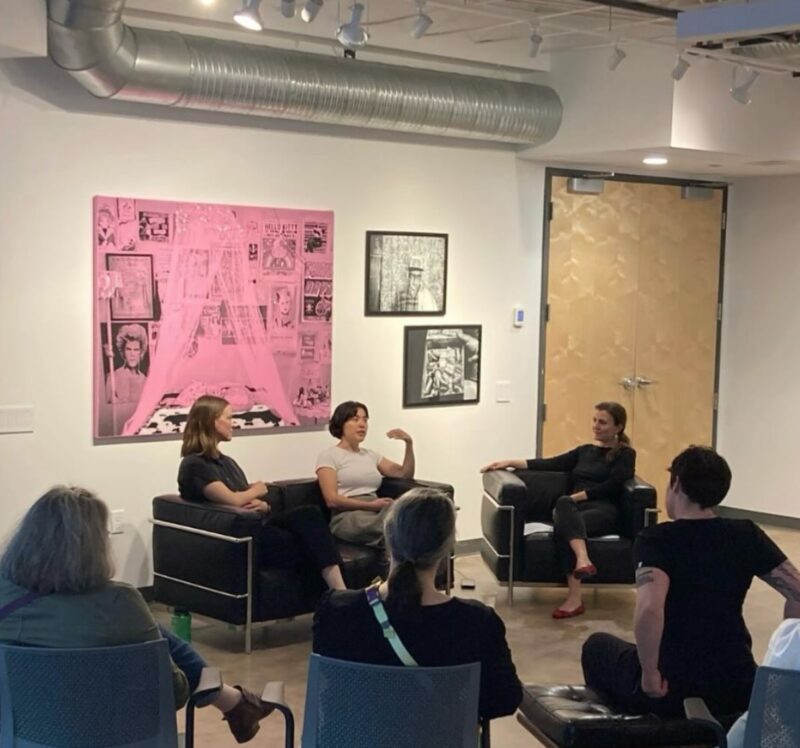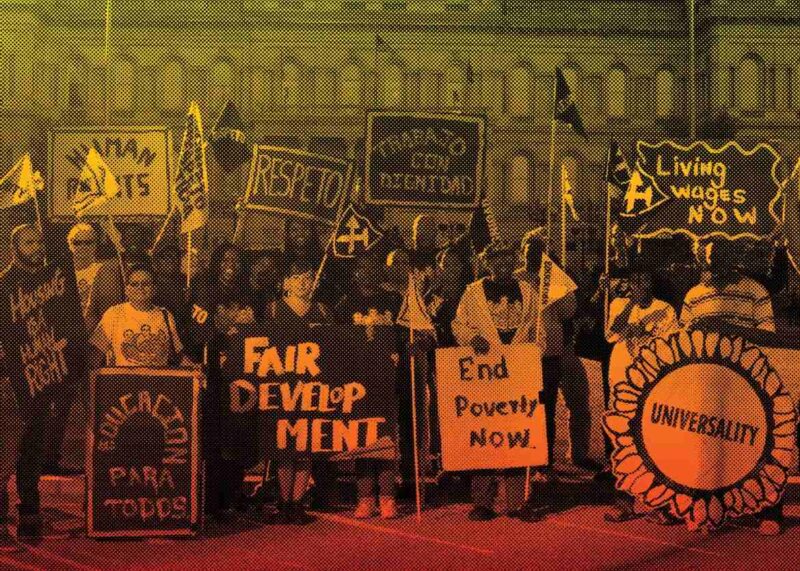On Thursday, Baltimore City Council’s Education, Workforce, and Youth Committee held a hearing aiming to clarify Walters Workers United’s path toward union recognition. The two-hour meeting included testimonies from workers about why they want to unionize, messages of support from community members, questions from councilmembers, legal arguing and detangling from union and city lawyers, and unwavering statements of impartiality from museum director Julia Marciari-Alexander.
Marciari-Alexander’s stance has been resolute since Walters Art Museum workers announced their intent to unionize in April: She supports her employees’ right to form a union, but insists that the process must be conducted through a National Labor Relations Board election. She will not voluntarily recognize the union because, she says, doing so would constitute interference or partiality, and she is committed to remaining “hands-off” on all sides.
Workers maintain that they want an election, but AFSCME lawyer Teague Paterson said in the meeting that the museum, as a “public corporation,” does not fall under the jurisdiction of the NLRB, so they would need to get a third party to run the election. (The NLRB works with private institutions.) City lawyer Hilary Ruley clarified that Walters employees are not municipal workers and that the museum is not a city agency, so the city cannot give those workers collective bargaining rights. But this of course doesn’t preclude their right to organize.
Ruley added that the union and the museum have “a complicated dispute” over what it means under federal law for their right to unionize—and that her department cannot advise either side on labor law as it is out of their expertise.
Marciari-Alexander said that the museum’s legal counsel, “in deep exploration of the subject, does strongly believe that the NLRB does have this jurisdiction.”
Paterson reiterated that the union cannot go through NLRB, arguing again that the museum is a public corporation, workers’ retirement plan is a “governmental plan,” and the Walters property tax exemption exists “because it is a government instrumentality,” he said. “It’s clear to me that this is not a private institution subject to the NLRB, it just isn’t.”








